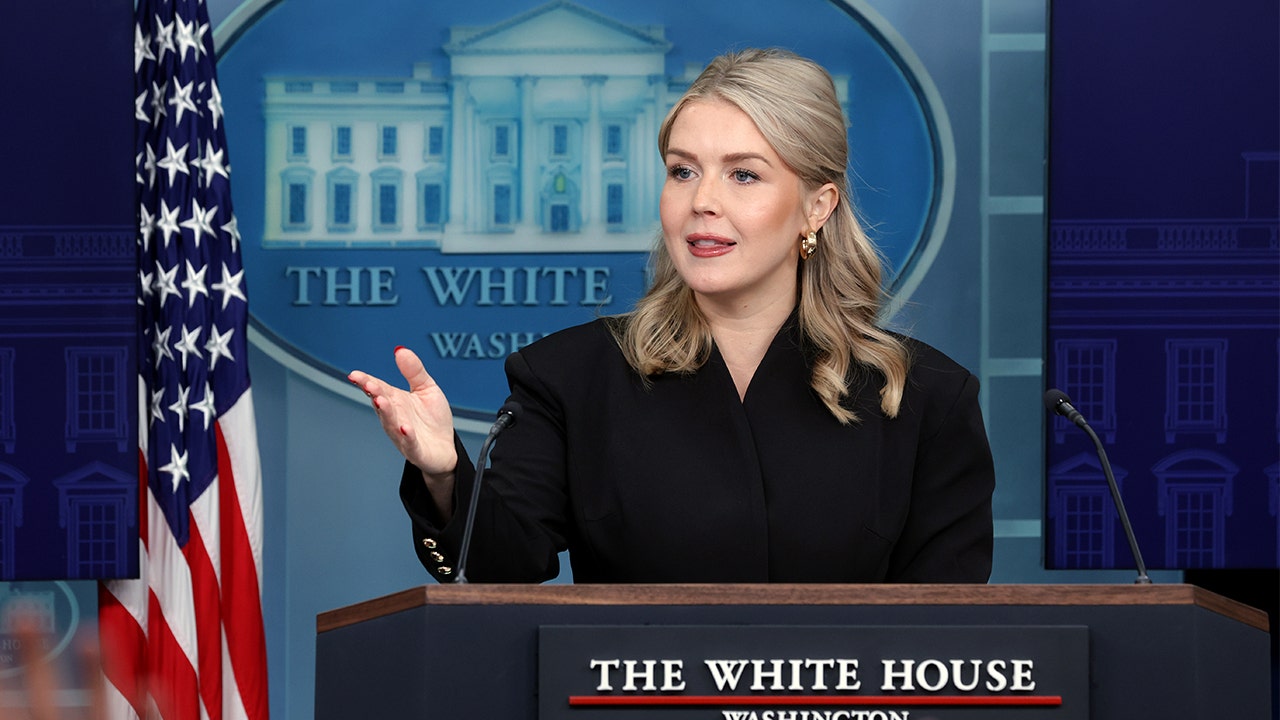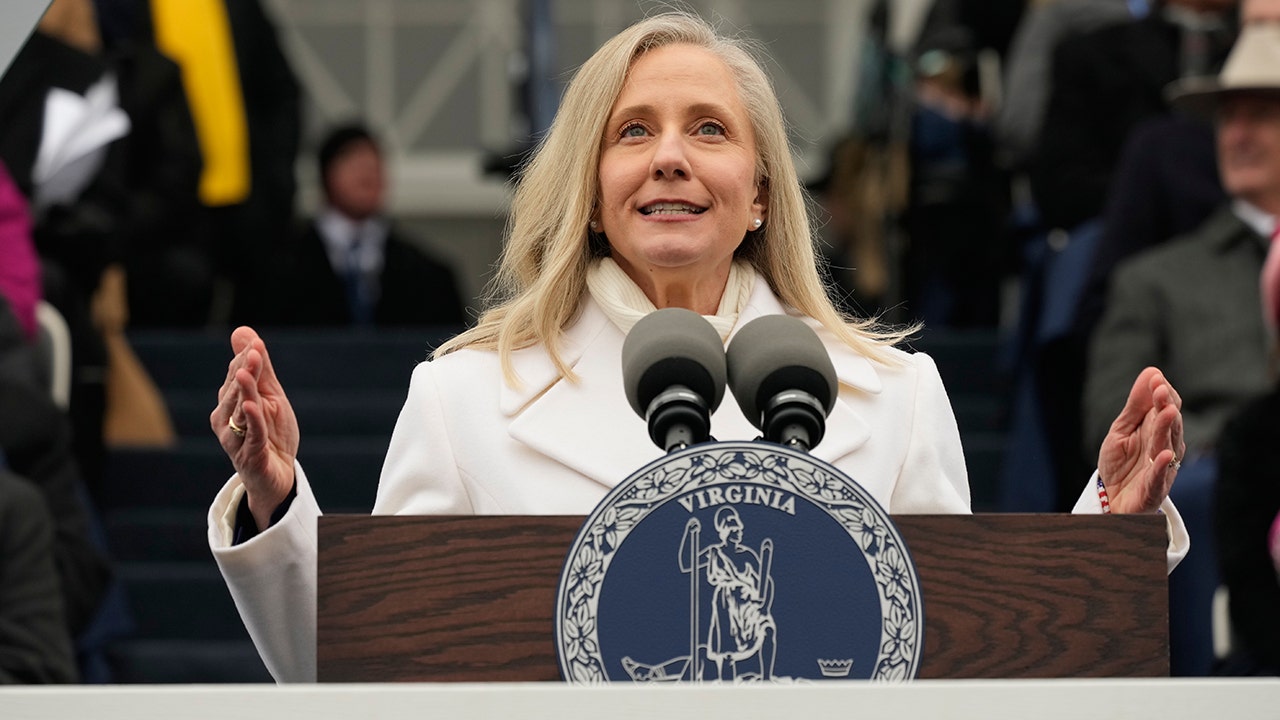
Blind trust in institutions almost always spells disaster. Growing up, I can recall a sense that questioning certain groups was to be less than patriotic.
Don’t question military brass; they’d never lie to the American people. Trust what the evening news and morning paper tell you; it’s the journalist’s responsibility to report the facts and expose wrongdoing.
While there have always been pockets of individuals smart enough to know that questioning institutions and verifying information are a citizen’s right and, in many ways, responsibility, the trend only took off in the last few years. Luckily, there are a few veteran journalists out there willing to speak the truth.
Take NPR veteran Uri Berliner, who went rogue to expose just how left-wing American newsrooms really are.
Down with Trump!
While I’m not your typical NPR listener, I have listened to quite a bit of NPR for much of my adult life. I enjoyed some of their offbeat stories and cultural takes.
However, like many other moderates, I stopped listening because, as veteran NPR journalist Uri Berliner wrote this week, I got tired of being told what to think. Uri Berliner penned an essay for The Free Press titled I’ve Been at NPR for 25 Years. Here’s How we Lost America’s Trust.
In his essay, he lays out how NPR, while always left-leaning, at one point still had a diverse audience. But, like many news organizations, the introduction of President Donald Trump was the beginning of the end of that diversity.
Mr. Berliner wrote:
“…what began as tough, straightforward coverage of a belligerent, truth-impaired president veered toward efforts to damage or topple Trump’s presidency.”
RELATED: Tucker Carlson’s Fiery Comments About Israel Cause Uproar
It’s clear from his tone that Mr. Berliner isn’t a MAGA Trump supporter. Yet, even he was uncomfortable with the coverage of his organization.
His rightful disdain for how NPR approached anything related to Donald Trump is an excellent example of how good journalists should operate. While it’s natural for a journalist to have a political viewpoint, it’s unethical for a journalist to use that viewpoint to guide their reporting.
It’s about politics, not facts
Mr. Berliner gives examples of how NPR went from a newsroom to a Democrat mouthpiece. On the dedication to the Russiagate debacle at NPR, he wrote:
“It is one thing to swing and miss on a major story. … What’s worse is to pretend it never happened, to move on with no mea culpas, no self-reflection. … That’s what shatters trust and engenders cynicism about the media.”
It’s important to note that NPR wasn’t the only newsroom to fail to issue any apology for the Russiagate hoax.
Mr. Berliner continues with the following example regarding the Hunter Biden laptop story.
He writes:
“During a meeting with colleagues, I listened as one of NPR’s best and most fair-minded journalists said it was good we weren’t following the laptop story because it could help Trump.”
It didn’t matter to NPR or those like it that the story was newsworthy; it mattered how it would affect Donald Trump and, perhaps most notably, Joe Biden. Mr. Berliner punctuates the point with this observation on NPR’s COVID coverage:
“Again, politics were blotting out the curiosity and independence that ought to have been driving our work.”
And therein lies the truth. Mainstream journalism is not about facts or truth-telling but politics and thought control.
It’s in everything
Unsurprisingly, NPR has become the mouthpiece of the progressive left. According to Mr. Berliner, at the NPR D.C. headquarters, there are 87 registered Democrats in editorial positions and zero registered Republicans.
When Mr. Berliner attempted to bring up what he calls an “absence of viewpoint diversity,” he was told by a top NPR news executive that:
“…she had been “skewered” for bringing up diversity of thought when she arrived at NPR.”
Like many other institutions from science, higher education, medicine, and government – the world of journalism hopped onto the Diversity, Equity, and Inclusion train after the death of George Floyd. As Mr. Berliner explains, the NPR union had:
“…ensured that advocacy groups are given a seat at the table in determining the terms and vocabulary of our news coverage.”
What does Mr. Berliner mean by this statement? He provides the following example:
“In a document called NPR Transgender Coverage Guidance – disseminated by news management – we’re asked to avoid the term biological sex.”
A scientific term that, if removed from the transgender conversation, eliminates any dissenting viewpoint. Finally, Mr. Berliner states the obvious about NPR today:
“Our news audience doesn’t come close to reflecting America. It’s overwhelmingly white and progressive, and clustered around coastal cities and college towns.”
This exclusive audience directly reflects NPR’s and other mainstream newsrooms’ allegiance to the cult of DEI. Segregating audiences by base characteristics and viewing reporting through a left-wing political lens will always ironically cater to the white elite.
Let’s see how long it takes for NPR to let go of Uri. After all, we don’t want any diversity of thought in the news space.
Now is the time to support and share the sources you trust.
The Political Insider ranks #3 on Feedspot’s “100 Best Political Blogs and Websites.”

























































